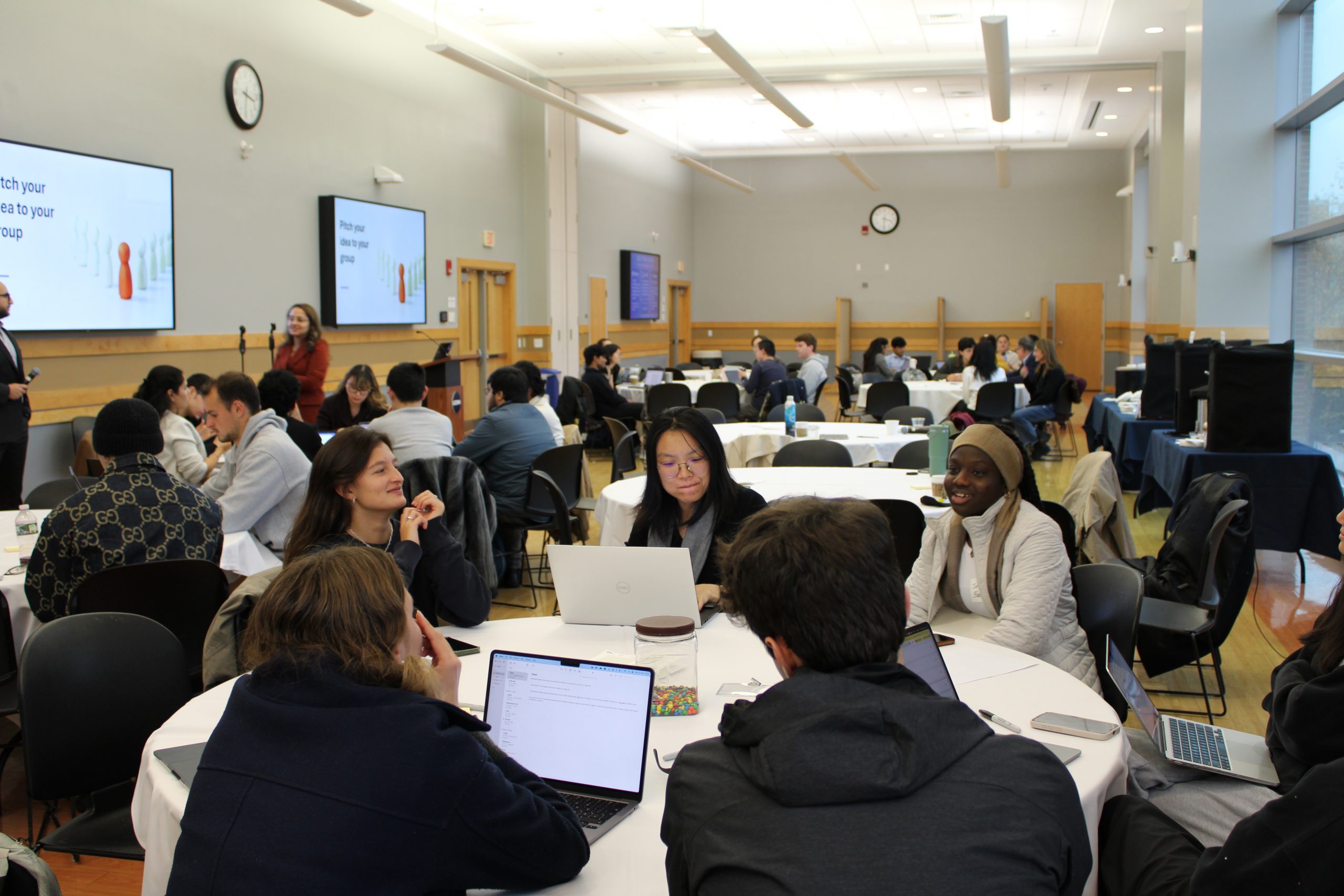The National Council of Family Court Judges (NCJFCJ) received a newly established $1 million grant from the U.S. Department of Justice, Office of Justice Programs, Office of Juvenile Justice and Delinquency Prevention (OJJDP) to establish a National Resource Center to support LGBTQ2S+ youth and their families. The National Center for Youth with Diverse Sexual Orientation, Gender Identity, and Expression (National SOGIE Center), based at the UConn School of Social Work’s Innovations Institute, is partnering with NCJFCJ in the development of this National Resource Center to support essential youth justice reforms and address the needs of underserved populations within youth justice systems across the U.S. The Center will advance positive youth development practices and be a clearinghouse on policies and practices related to justice impacted LGBTQ2S+ youth. They will also support the workforce within youth justice systems by providing comprehensive training and technical assistance.
Building on the Biden Administration’s support for LGBTQI+ rights, OJJDP Administrator Liz Ryan has stated “Our Office and our programs embrace all youth. We honor every young person’s right to live their truth—openly and in safety.” In receiving this newly established grant, NCJFCJ partnered with the National SOGIE Center, and with the Coalition for Juvenile Justice, the Gault Center and the Tribal Law and Policy Institute. The National SOGIE Center, a partnership of multiple organizations, coordinates a national approach to addressing the needs of LGBTQ+ youth involved in public systems and their families.
The National SOGIE Center’s work on this grant is led by the Innovations Institute team of Marlene Matarese, Principal Investigator, and Angela Weeks, Director. Matarese and Weeks will lead the development of content for justice and community stakeholders around best practices when working with LGBTQ2S+ populations to be disseminated through webinars, office hours, tools. Matarese explains The National SOGIE Center’s interest in this project, “We have been developing innovative programs for LGBTQ+ youth in child welfare that serve to create positive outcomes for young people and their families. We are now turning our attention to youth justice systems, using our experience and our understanding of LGBTQ+ populations to ensure best practices, policies, and protocols are utilized, and to support the workforce interacting with young people.”
National consultants on SOGIE data collection, Matarese and Weeks conducted a pivotal study in 2021 with the Division of Children and Families in Cuyahoga County, Ohio, finding that fully 32% of youth in foster care in the Midwest were identifying as LGBTQ+—almost four times the national average of youth ages 13 to 17. This study built on two previous studies in Los Angeles in 2014 and New York in 2020 and highlights a nationwide overrepresentation of LGBTQ+ youth in public systems. Matarese and Weeks have recently launched a learning community with the National Association of State Mental Health Program Directors for leaders in youth-serving systems to learn how to collect SOGIE data safely and respectfully to better understand and serve the populations in their care.
Weeks notes, “Our data show a disproportionate number of Black and brown youth who identify as LGBTQ+ within child welfare and behavioral health; this overrepresentation is even greater in the youth justice system. Young people involved in these public systems are often harmed by racism, anti-LGBTQ+ bias, and a lack of trauma-informed care. Across our systems work, we try to address disparities through that lens. Through this new center, we strive to positively impact these young people through the support, training, and resources we provide to the adults who serve them.”
The more likely that child welfare and behavioral health systems can provide affirming support for young people of diverse SOGIE, the less likely they will be to encounter the youth justice system. For those young people who do enter the justice system, the National SOGIE Center are working to train the workforce to address the needs of young people to ensure they receive support toward a brighter future.



